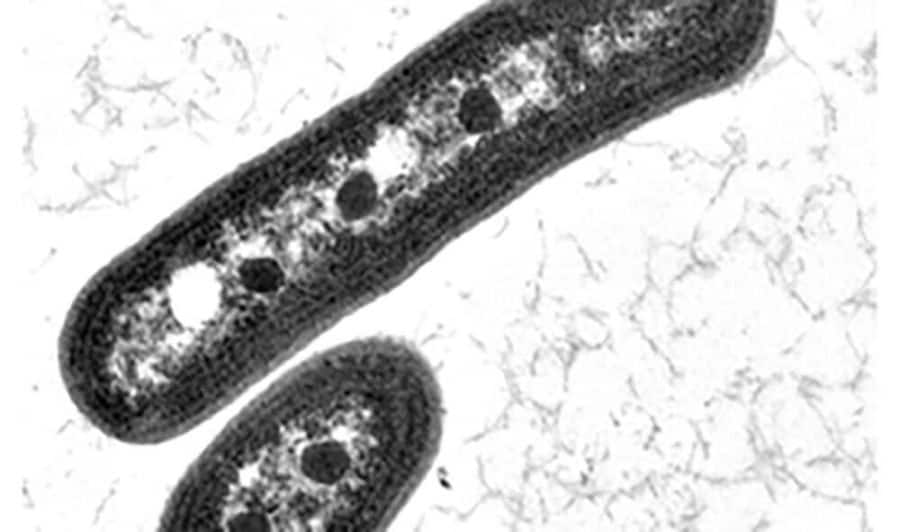In late February 2019, the National Science Foundation, or NSF, gathered a group of scientists from widely different disciplines who rarely communicate — let alone collaborate — into one room, provided skilled facilitators to push their ideas to the edge of innovation, then stepped back to see what would happen.
“Ideas Labs” like these undergird the NSF’s $36 million dollar investment in its Understanding the Rules of Life portfolio. Its aim is to accelerate development in two key areas of science and engineering research: building a synthetic cell and epigenetics.
Cheryl Kerfeld, MSU Hannah Distinguished Professor in the MSU-DOE Plant Research Laboratory and Department of Biochemistry and Molecular Biology attended this particular Ideas Lab outside of Washington, D.C. She explained that what happened was akin to the “wheel” people getting together with the “suitcase” people — a breakthrough.
Kerfeld will lead this unlikely team of scientists that includes five research groups from universities across the nation in a $3.4 million Rules of Life grant to engineer a synthetic cell.
Kerfeld’s Rules of Life team members are: Christine Keating, professor of chemistry from Penn State University; Millie Sullivan, professor of chemical and biomolecular engineering from the University of Delaware; Vincent Noireaux, professor of physics from the University of Minnesota; Giovanna Ghirlanda, professor of chemistry from Arizona State University; and Barbara Harthorn, professor of anthropology from the University of California Santa Barbara.
“We are going to take building blocks from different scientific disciplines that would never naturally get together — physics, biology and materials chemistry — to build a functional, multi-compartmental and fat-free cell, or ‘ProteoCell,’” Kerfeld said. “Outside of the Ideas Lab context, we never would have self-assembled into a team, and it never would have occurred to me to build a cell without lipids.”
Although the first and fundamental goal of the project is to make a synthetic cell without lipids, the project also has significant implications in the production of biomaterials and biofuels in the United States.
“There are important and introspective questions that need to be asked as we develop new technologies,” Kerfeld said. “A cell without lipids is highly artificial, and if we are successful, it may lead to a self-propagating system that could be harnessed for industrial applications.
There are ethics around this as well as the fundamental questions that we are asking, like what is life?”
With NSF’s encouragement and support, the team will also study the societal perceptions of a synthetic cell as well as how engineering a new kind of cell might also change the scientists.
“The NSF’s Rules of Life is one of the grand challenges of biology,” Kerfeld noted, “and MSU should be proud that we are leading an elite group of high caliber researchers and faculty able to address these questions.”
For more information about NSF’s Rules of Life Initiative, please visit: https://www.nsf.gov/news/special_reports/big_ideas/life.jsp.

